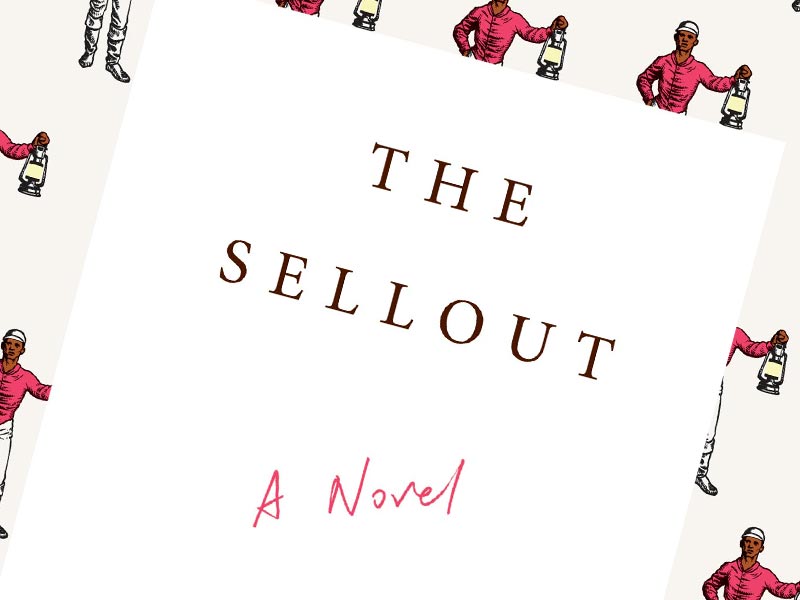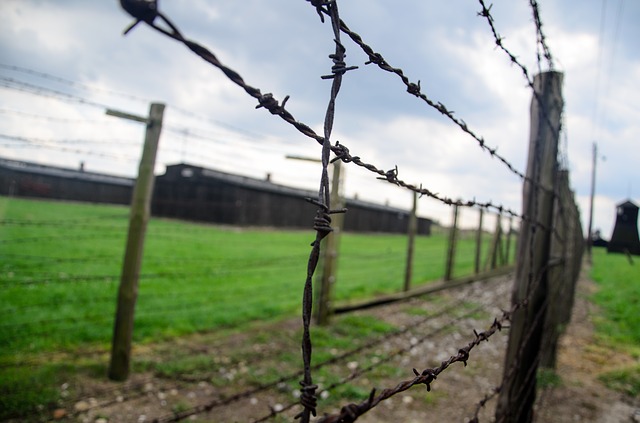Book Review: The Book of Dirt by Bram Presser
In Bram Presser’s debut, The Book of Dirt, the search for what happened during the Holocuast is personal. Presser’s grandfather survived Auschwitz and Theresienstadt concentration camps, but spoke little of his experiences. In this book, which melds fiction with history, Presser explores the realities of what his ancestors endured, and the difficulties in doing that so many years later.
The experiences were shocking, although not entirely unfamiliar to those who have read of the atrocities committed at the time. It is a moment in history that is so horrible that it can be difficult to look away – in recent years I have read many novels set during the Holocuast, including The Nightingale, Man’s Search for Meaning and The Tattooist of Auschwitz. All have offered different glimpses that painted a more complete, and equally devastating, picture.
And The Book of Dirt offers another piece of the puzzle through its exploration not just of the history, but of how hard it can be to access stories that can no longer be told by those who lived them. Presser writes of fictional and actual people, and includes documents from Pressers family that were found during his research, or kept by the relatives. There are photographs of concentration camp records of his grandfather, and, poignantly, a photograph of the author, as a child, with one of the central characters in the story. The photograph highlights the reality of the stories in the book, that Presser occasionally veers towards representing as fables; grim fairy tales that could not be true. This is particularly noticeable at the beginning of the book, when he introduces characters alongside the brutal and cruel ways they will die just a few years later. It is a stark reminder of the way ordinary live were shattered in this extraordinary time.
This was an enjoyable or easy read – it is confronting and shocking, but also a tribute to those who suffered, who are not so removed from the reader through their connection with the writer. I think I am drawn to books of the Holocaust as I feel that it is essential to bear witness to human capacity for evil, and recognise the pain and suffering it has caused, in the hope that by understanding it, these things can never happen again. I also love reading the stories of triumph against the worst kind of adversity, and the strength of the human spirit.
Presser’s novel also tackles issues of voice and truth, questioning who has the right to tell the stories of those who experienced history.
This Australian writer does a terrific job of exploring the experience of his family, while also opening up a conversation about how we remember.




